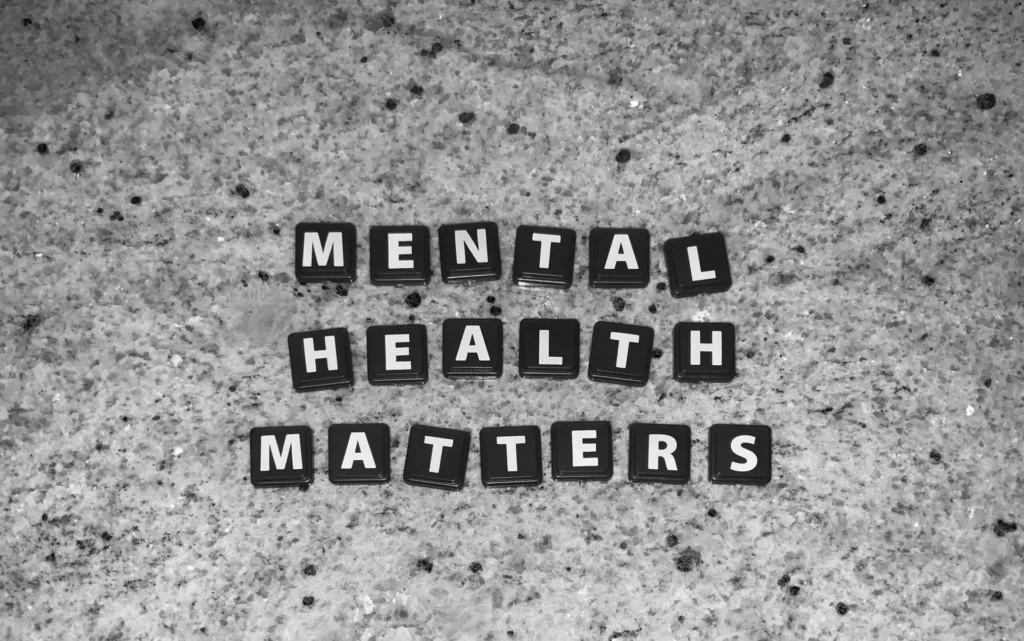Taking Care of Your Mental Health in College
College is often seen as one of the most exciting and transformative times in a person’s life. It’s a time of independence, exploration, and self-discovery. But along with all the excitement, college life can also bring stress, pressure, and challenges that can take a toll on your mental health. Whether it’s the weight of academic performance, the stress of balancing school and life, or the uncertainty about the future, these experiences can affect your well-being.
If you’re a college student, it’s important to recognize that mental health is just as important as physical health. Here’s a guide to help you take care of your mental health during your college years.
1. Recognize the Signs of Stress and Anxiety
College life can be overwhelming, and it’s common to feel stressed out from time to time. However, chronic stress or feelings of anxiety that don’t go away can be harmful to your mental health. Here are some common signs of stress and anxiety:
- Difficulty concentrating or focusing on tasks
- Constant worry or fear
- Trouble sleeping or changes in sleep patterns
- Feeling irritable or easily frustrated
- Physical symptoms like headaches or stomach aches
If you notice these symptoms persist for more than a couple of weeks, it’s essential to take them seriously and seek support.
2. Create a Support System
One of the best ways to manage stress and protect your mental health is by building a strong support system. Surround yourself with friends, family, or campus resources that can offer guidance, encouragement, and a listening ear when needed.
- Stay Connected: Don’t isolate yourself. Reach out to friends, roommates, or classmates when you’re feeling overwhelmed.
- Talk to Your Professors: Many students don’t realize that professors can be understanding and may offer flexibility if you’re struggling.
- Use Campus Resources: Most colleges offer counseling services, mental health hotlines, and student support groups. Don’t hesitate to reach out to them.
3. Set Realistic Goals and Manage Time Effectively
It’s easy to become overwhelmed by the number of responsibilities you have as a college student. Academic pressure, extracurricular activities, internships, and part-time jobs can all pile up. One key to maintaining mental health is learning to manage your time effectively.
- Prioritize Your Tasks: Focus on the most important assignments and activities first. Break down larger tasks into smaller, manageable steps.
- Avoid Overcommitting: It’s okay to say no to social events, clubs, or extra responsibilities when you’re feeling overwhelmed.
- Make a Schedule: Keep a planner or use apps like Google Calendar to organize your day, set deadlines, and ensure you’re balancing work with relaxation.
4. Practice Self-Care
Self-care is essential for maintaining your mental health. This means taking time to do things that make you feel happy, relaxed, and refreshed. Here are a few ways to practice self-care in college:
- Exercise Regularly: Physical activity can help reduce stress and improve your mood. Even a 30-minute walk can make a big difference.
- Sleep Well: Lack of sleep can increase stress and anxiety, so aim for 7-9 hours of sleep each night.
- Eat a Balanced Diet: Eating nutritious foods can boost your energy levels and support your mental well-being.
- Take Breaks: Don’t forget to rest. Take breaks between study sessions to recharge, even if it’s just for a few minutes.
5. Reach Out for Help When You Need It
If you’re struggling with mental health issues like depression, anxiety, or chronic stress, it’s important to seek professional help. Many colleges offer free or low-cost mental health services, such as counseling and therapy sessions.
- Counseling Services: Most campuses have trained counselors who can help students work through mental health challenges.
- Hotlines and Crisis Support: Many universities offer 24/7 mental health hotlines for immediate support.
- Online Therapy: If you’re unable to visit an in-person counselor, consider online therapy services like BetterHelp or Talkspace.
Remember, asking for help is not a sign of weakness—it’s a step toward strength and healing.
6. Focus on Balance, Not Perfection
Many college students set high expectations for themselves, striving for perfect grades, social success, and an ideal future. But striving for perfection can lead to burnout and stress. Instead, focus on finding a healthy balance between academics, social life, and self-care.
- Be Kind to Yourself: Understand that it’s okay to make mistakes or experience setbacks. Growth comes from learning through challenges.
- Set Realistic Expectations: Not every class or semester will go perfectly, and that’s okay. Aim for progress, not perfection.
Final Thoughts: It’s Okay to Take a Break
Your college experience is about more than just academics—it’s about personal growth, building relationships, and learning about yourself. Taking care of your mental health should be a priority, and it’s okay to take a break when you need to. Whether it’s a weekend to recharge, a day to catch up on sleep, or time spent with friends, give yourself permission to rest.
If you ever find yourself struggling, remember that you’re not alone. Reach out to friends, family, or campus resources for support. Your mental health matters, and by taking small steps to care for yourself, you’ll be better prepared to handle the challenges and opportunities that college life brings.
